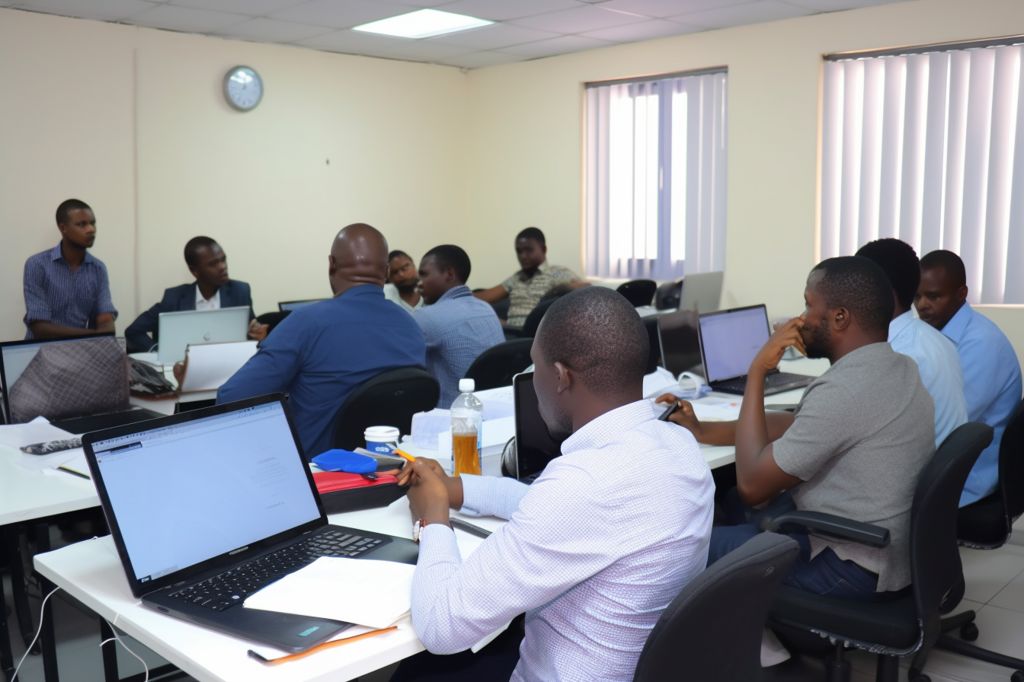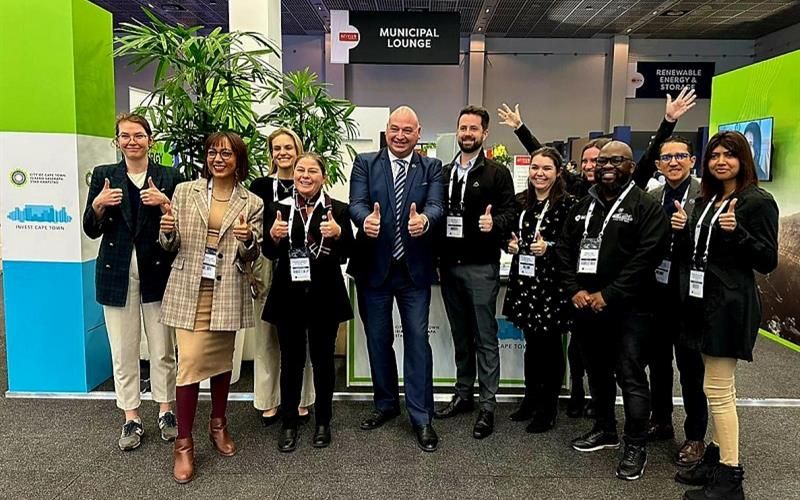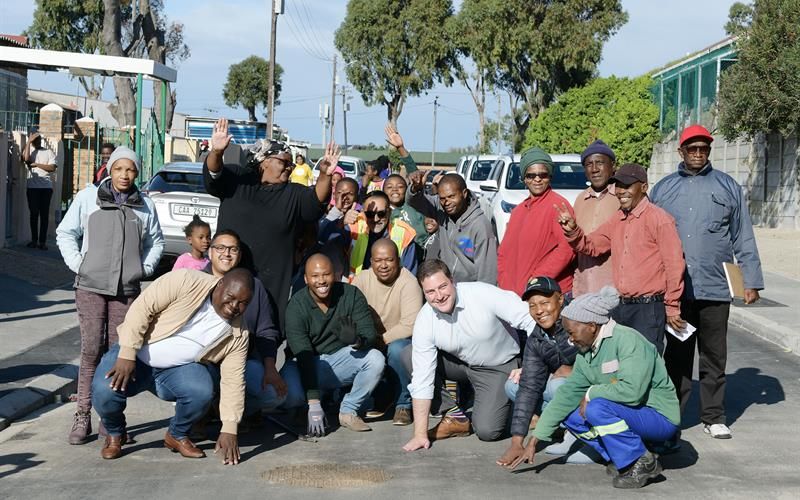The Infrastructure Built Anti-Corruption Forum (IBACF) has made significant strides in curbing corruption and fraud within the construction sector. As a strategic intervention, it aims to safeguard the integrity of the government’s Infrastructure Investment Plan through a proactive approach that focuses on corruption prevention.
Corruption Prevention Initiatives
Chaired by the Head of the Special Investigating Unit (SIU), Adv Andy Mothibi, the IBACF has discussed various corruption prevention initiatives during their meeting on April 5, 2023. One of these initiatives includes the corruption risk management effort led by Infrastructure South Africa, which focuses on ensuring integrity in the implementation of critical infrastructure projects.
Proactive Approach
The forum is taking a proactive approach throughout the entire project life cycle, particularly in the procurement stage where corruption risk is high. Data analytics is being utilized as a corruption prevention tool, mining data to identify corruption risk exposures within the sector and determine key strategic interventions that enhance integrity measures.
Root Causes of Corruption
Audit outcomes on infrastructure project delivery have revealed several root causes that hinder the government’s ability to drive service delivery, economic growth, and opportunities. Some of these causes include the lack of effective project planning, inadequate coordination, shortage of project management skills at the departmental level, and insufficient budget for inspection and maintenance.
Education and Training
Education and training have become a focal point for the IBACF, and the forum is now offering free anti-corruption training courses within the construction sector. This capacity-building initiative, in partnership with The Global Infrastructure Anti-Corruption Centre (GIACC), aims to empower stakeholders in the sector to tackle fraud and corruption effectively.
Webinars and Infrastructure Pledge
Promoting anti-corruption measures as an integral part of public-private partnerships in infrastructure projects is one of the main objectives of this initiative. To raise awareness, the IBACF has identified webinars as a crucial component of their corruption prevention efforts. Topics for these webinars include the impact of corruption on South African infrastructure development, the role of whistle-blowers in detecting fraud, and the responsibilities of construction regulators and professional bodies in combating corruption.
Key stakeholders in the construction sector have publicly signed the Infrastructure Pledge, committing to maintain high ethical standards in implementing infrastructure projects.
Lifestyle Audits
Additionally, lifestyle audits have been conducted on senior management within the National Department of Public Works and Infrastructure, with the department now implementing consequence management measures based on the audit outcomes.
IBACF’s Comprehensive Strategy
The IBACF’s efforts in corruption prevention, education, and maintaining ethical standards serve as a testament to their proactive approach to tackling fraud, corruption, and maladministration within the construction sector. By addressing the root causes of corruption, providing training and education, and leveraging data analytics, the forum aims to create a more transparent and accountable environment within the industry.
Through partnerships with organizations such as the Global Infrastructure Anti-Corruption Centre and the successful implementation of anti-corruption measures, the IBACF demonstrates its commitment to enhancing integrity within the construction sector. Collaboration with public-private partnerships and professional bodies also contributes to a more cohesive approach to combating corruption.
Ultimately, the Infrastructure Built Anti-Corruption Forum’s comprehensive strategy focuses on prevention, education, and maintaining ethical standards to effectively combat corruption and fraud within the construction sector. By doing so, they ensure that infrastructure projects can be delivered with integrity, ultimately driving economic growth and providing better services for the people of South Africa.











